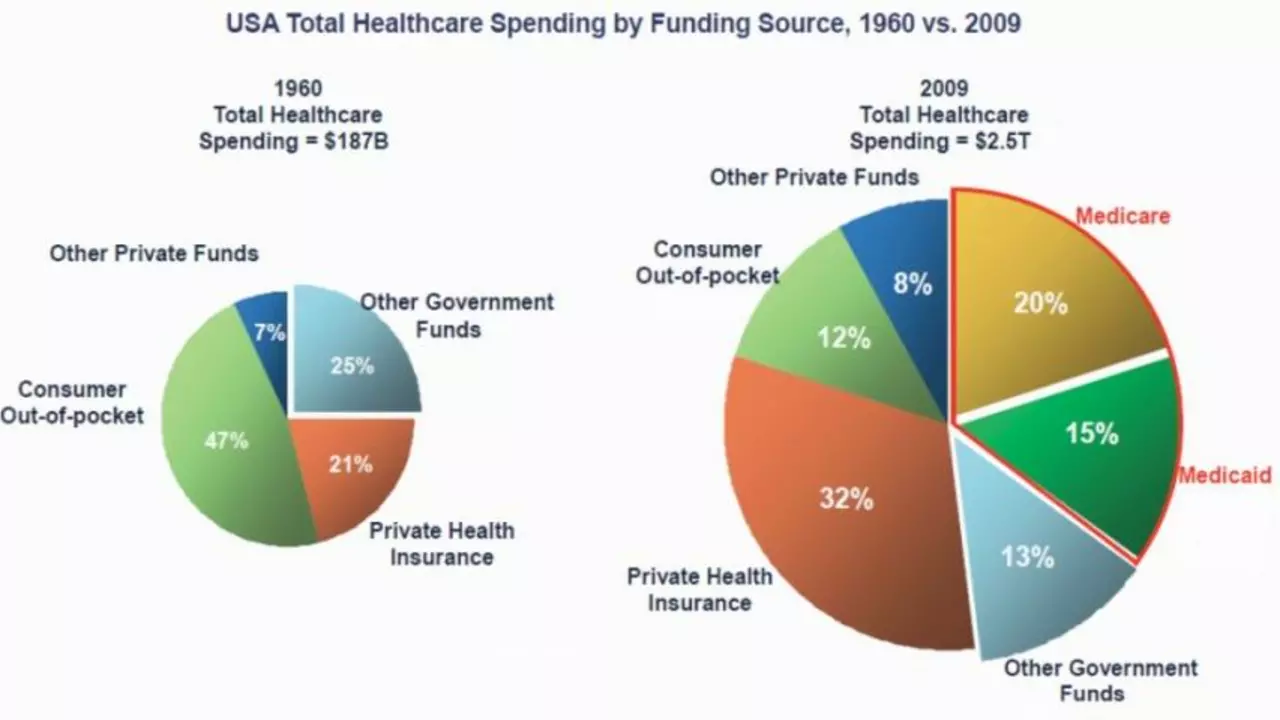Why is health care pricing so screwed up in the United States?

Understanding the Complexity of Health Care Pricing
When it comes to health care pricing, the United States is often regarded as a puzzling anomaly. Unlike other commodities where the price tag directly reflects the cost of production plus a reasonable profit, health care pricing seems to follow a different set of rules. It's not uncommon to hear stories of exorbitant medical bills for what seem like straightforward procedures, causing many to ask the question, why is health care pricing so skewed in the United States?
The answer lies in the complexity of the health care system itself. Unlike other industries, the health care system is not driven by the basic principles of supply and demand. Instead, it is influenced by a slew of factors including insurance companies, government regulations, pharmaceutical companies, and hospitals, all of which have a say in how much a medical service or product will cost. This makes the health care market very opaque and difficult for consumers to navigate.
The Role of Insurance Companies
One of the major players in the health care market are insurance companies. In the United States, most people access health care services through insurance. Insurance companies do not only pay for a large portion of the health care cost, but they also negotiate prices with health care providers. However, these negotiations are often done behind closed doors, making it difficult for consumers to know the true cost of medical services.
In addition, insurance companies use something called 'chargemaster' rates. These are essentially list prices for various medical services and products. Unfortunately, chargemaster rates are often inflated and do not reflect the actual cost of providing the service. This creates a disconnect between the price of health care services and their actual cost.
Government Regulations and Health Care Pricing
Government regulations also play a significant role in health care pricing. In an attempt to control costs and ensure access to health care services, the government has implemented a number of regulations. For example, Medicare, the government program for seniors, has a set fee schedule that dictates how much health care providers can charge for certain services.
However, these government-imposed prices are often lower than what it costs to provide the service. As a result, health care providers may shift costs to private insurers, leading to higher prices for the privately insured. This cost-shifting phenomenon further complicates the pricing structure in the health care market.
The Impact of Pharmaceutical Companies
Pharmaceutical companies are another factor in the high cost of health care. These companies invest billions in developing new drugs and treatments. To recoup these costs and make a profit, they often set high prices for their products. In the United States, unlike in many other countries, there is little government control over these prices.
Moreover, the patent system allows pharmaceutical companies to hold exclusive rights to sell a new drug for a certain period of time. This means they can essentially set the price as they wish, without fear of competition. This lack of competition can lead to excessively high drug prices.
Hospital Pricing Practices
Lastly, hospitals also play a significant role in the cost of health care. Like pharmaceutical companies, hospitals are often trying to recoup the high costs of providing care. These costs can include everything from the latest medical technology to the salaries of highly skilled doctors and nurses.
However, hospitals also have a certain degree of market power. In areas where there is little competition among hospitals, prices can be significantly higher. This is because hospitals can negotiate higher prices with insurance companies, knowing that the insurer has few other options.
In conclusion, the question of why health care pricing is so skewed in the United States does not have a simple answer. It is a complex issue that involves a myriad of factors, each contributing to the high cost of health care. Until these issues are addressed, the cost of health care in the United States is likely to remain high and unpredictable.